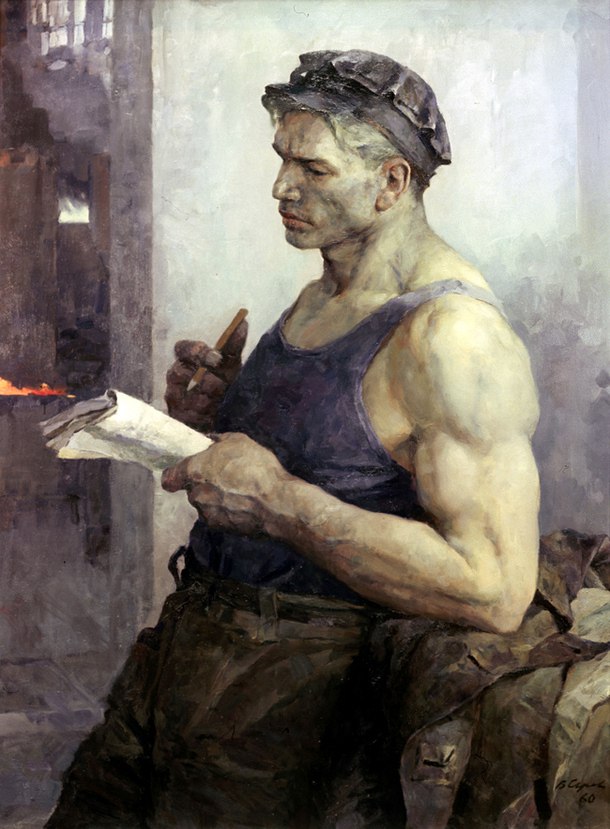“This is a place of a warning. Of reminding and remembering. The corpses of the thousands of victims of the bombings of the 13. and 14. February 1945 were burnt here. Back then, the horrors of war, brought from Germany to the entire world, returned, to our city as well.”
Not even a “Germany was a helpless victim of war crimes”, as Nazis like to talk those events.
Back then, the horrors of war, brought from Germany to the entire world, returned, to our city as well.”
It probably felt too close hit for the current times, when the horrors of imperialism are starting to return to them.
The memorial itself used a line coined by Goebbels of describing the attack as an “Anglo-American terror bombing”, which is hilarious considering that the Germans were perfectly fine with terror bombing their enemies.
Moscow had over 50,000 incendiary bombs dropped on it, Kiev and Minsk were razed. London and other English cities were terror bombed nonstop and the ensuing fires were catastrophic.
But when it’s a sad little Nazi city, now the Germans want to cry. They made their bed, they can lie in it to. Using a line from Goebbels is the cherry on top. This wasn’t a memorial, it was a propaganda statement.
Fuck, I looked for photos of Minsk after World War II, it’s terrible, I didn’t even know about it
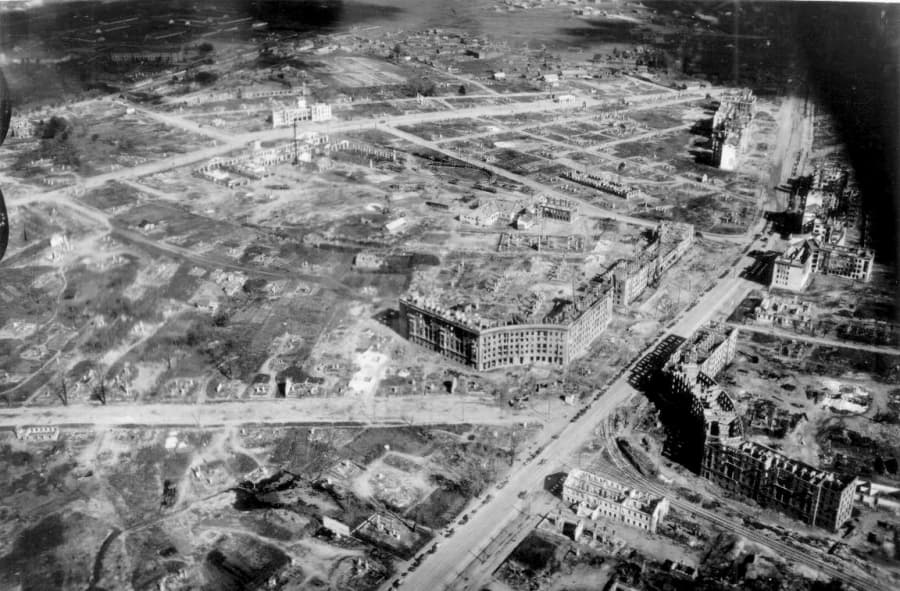
You see those buildings left standing? That was known as the Central Prospect and those are the only remaining buildings from “Old Minsk”. The Germans only left them standing because that’s where the officers lived during the occupation.
They purposefully destroyed everything else.
On the first day of the war, the first target the Luftwaffe designated was the city water supply to prevent firefighters from putting out the fires from ensuing raids.
The blueprint for bombing Libya, then.
Everything old is new again. The tactics of terror bombing and inflicting maximum suffering on a civilian population have changed little since WW2. Most of the NATO bombing doctrine was informed or created by the same Nazi monsters who used those methods during the war.
I work with a lib whose eyes literally glaze over when I talk about Libya and how utterly unjust we were with them and he murmurs something about Gaddafi being a dictator who imprisoned/executed opposition, and he actually has no idea if that happened but it’s an African country so he’s taking a ‘safe bet’ that that was at play. He literally knows nothing about our actions over there or the why, but he’s a lib, through and through.
Reminder that one out of every three Belarusians were killed during the war

The reason they removed it now is pretty clear though, and it’s not because they feel bad about what the nazis did to USSR.
The memorial stated pretty clearly that the terror was coming from Germany
This kind of thinking justifies Russia razing Ukrainian cities to the ground. Or any in the USA for that matter.
USA yes, Russia no. Ukrainian militias (that were then incorporated into the military, like the Azov battalion) were indiscriminately shelling civilian areas, and Russia didn’t respond with a “shock and awe” campaign; as for what our government has done, we have a lot to be worried about.
Ukrainian militias (that were then incorporated into the military, like the Azov battalion) were indiscriminately shelling civilian areas
Where can I read more about this?
https://www.counterpunch.org/2023/01/06/the-tragedy-of-ukraine/
This brings up the Donbas situation and puts the death toll at 14,000 over eight years (I actually thought it was 8,000), but there was a chart I recall seeing somewhere that actually broke down how many people died month to month over there.
https://www.youtube.com/watch?v=LL4eNy4FCs8
There’s a funny segment in this boy boy video at 14:44 where you can see Zelensky go to the militias in an attempt to intimidate them into handing over their weapons (and he does it pathetically to be honest).
https://www.crisisgroup.org/content/conflict-ukraines-donbas-visual-explainer
This also popped up for me when I went looking for the counterpunch article and thought maybe it would provide more details.
I found a YouTube link in your comment. Here are links to the same video on alternative frontends that protect your privacy:
Kurt Vonnegut is spinning in his grave.
Is this a joke?
I think by next year they’re gonna start teaching that WW2 was about Russia trying to invade Europe with US and UK saving the day.
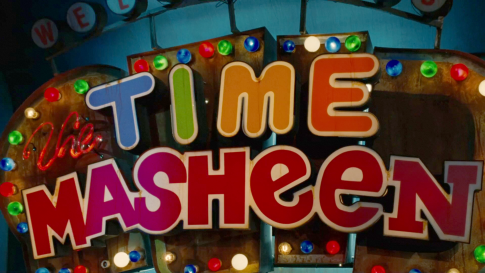

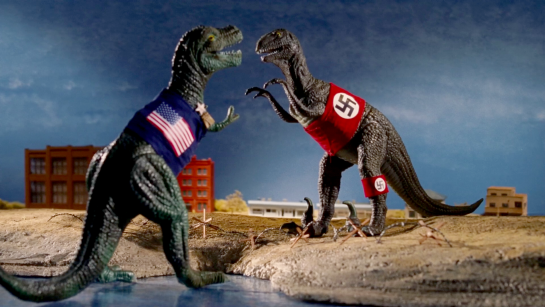
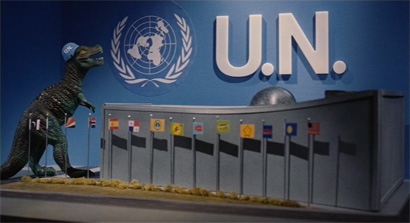
Lmfao holy shit 😭😭😭😭
And then the un unnazied the world.
only mention I could find in western media is some small local paper https://www.dnn.de/lokales/dresden/mahnmal-am-altmarkt-dresden-inschrift-wird-nicht-erneuert-LUM7NTXS5BC5PEKUTE3U7PQV5E.html

Honestly? Good. The Nazis tried to spin the bombing of Dresden as a war crime and West Germany always tried to keep it as an example of how “all sides bad.” It wasn’t good, obviously, but it has been a rallying point for neo-nazis to try and control the narrative around ww2.
It was a war crime as much as bombing Hiroshima and Nagasaki were, and the neo-nazis are going to rally around something anyway.
Yeah, that’s true. I’m probably putting too much emphasis on it. If it wasn’t this, it would probably be something else.
Was it, though? Consider the effects of the nuclear fallout in the long-term, or does that fall into “crimes against humanity” because it happens after the war?
I agree in spirit but as a lifelong Vonnegut fan this still gives me a great feel of unease about what Germany and Europe will become in the near term
CW: graphic brutality of all kinds: https://witoldniesluchowski.com/greatest-massacre-in-the-european-history/
Just picked an early source for convenience, the author sneaks in a jab at the Soviets that I obviously find disgusting for reasons that should be obvious to anyone who knows what would happen to “the Russians” soon after the events described.
idk, I’m inclined to say that Vonnegut was a significant part of the cultural basis for the hysteria around it, and considering that he calls it “the biggest massacre in European history” when there were multiple massacres committed by the Nazis that were greater (e.g. the annihilation of Warsaw) is pretty distasteful.
To a credulous audience, an effective way to open a book, but that’s as much credit as I can give it.
To hear out the other side, obviously the allies seeking to rehabilitate Nazis before the bodies had even cooled in the Nuremberg gallows was a bigger contribution to the history of Aggrieved Fascists than any novel, but on the other hand hearing out the other side seems to be more than Vonnegut bothered with before regurgitating Nazi propaganda.
Edit, CC: @anarchoilluminati@hexbear.net @Tiocfaidhcaisarla@hexbear.net
It’s been a lot of years since I read Vonnegut and it’s the imagery that sticks with me more than anything else. I did not remember that specific quote but it’s pretty cringe. For whatever can be said about the moral weight of the bombing of Dresden it was definitely not the biggest massacre in European history. I’ll always say I like Vonnegut and definitely important part of my pipeline but he’s got Iowa writers workshop brain worms like many of his contemporaries.
Iowa writers workshop brain worms
Could you explain the reference? I don’t know what Iowa writers’ workshop is referring to or what its brainworms are.
Just from cursory googling
https://www.vice.com/en/article/4x3vg3/how-the-cia-turned-american-literature-into-a-content-farm
My laymen’s understanding of the subject is that basically the CIA needed a culture counterpoint to the artistic output of the Soviet Union and this was a part of that. They deliberately cultivated a mileu of “I’m a socialist but Stalin was a fascist” because it allowed them to highlight the progressive values and free speech of the U.S. while painting the Soviets as an authoritarian police state. It’s not as simple as “The CIA invented post-modernism” but they certainly helped
the author sneaks in a jab at the Soviets
Author is Polish, and the maybe unwritten but absolutely serious requirement to publish anything in Poland is to take a jab at the Soviets. You won’t believe the completely random and unrelated manner it is sometimes done. Though that requirement is more about books than internet articles, but some people still feel the compulsion.
Not saying Vonnegut couldn’t have done better historical research, but Slaughterhouse 5 was not intended as historical analysis and is much more a psychological novel about PTSD and the effects of war on the mind of someone who lived through the brutality taken from his personal experience of being a POW during the Dresden bombing. He picks up what amounts to an early pop-history American source and doesn’t really critically analyze it - just takes at face value its account of the event that he mostly focuses on from his personal, micro-perspective. I don’t know if later in life he was confronted with more accurate accounts of the Dresden bombing and whether he commented on the inaccuracy of his books, but you can understand the literary appeal to a surviver of the Dresden bombing being presented with an official history that confirms what he emotionally felt while in the middle of it. He even presents it that way in the first chapter - describing himself and his army buddy as basically ignorant to the macro history of the event until they crack open a book decades later that describes it that way. When the “author” of the referenced book appears in the story itself, he is presented as one of the most deplorable characters confronted in the book. Essentially a bloodthirsty maniac that is both unapologetic while being aware that his conclusions are unsupportable (feeling the need to get confirmation of his statements of belief from a person that he does not even acknowledge to be conscious or cognizant). All that is to say, if the only thing one takes from Slaughterhouse 5 was that it is “bad history” and somehow nazi-aplogia for exaggerating the extent of death in Dresden, or worse, if someone avoids the book altogether because of the accusation, they are really missing out.
I mean, you say “micro-perspective” but the book still opens on “biggest massacre in European history”, doesn’t it? idk, it doesn’t seem very phenomenological 2 me
Interesting, thanks for the mention!
I thought I was in trouble. Haha
Never read Vonnegut. What does he say about Germany?
Vonnegut was a POW in Dresden when the bombing happened, and recounts how he survived after he and others huddled in a slaughterhouse to survive, then coming out, witnessing the massive fires and seeing American planes strafing the survivors, including American POWs
Damn.
Yeah, you’re right, I was a bit too abrasive and unpleasant with my statement there.
o7 all good Comrade we all get worked up
It was a war crime though? And it wasn’t even effective at shortening the war; the brits were able to field more fighters while the nazis were occupied with London instead of airfields and factories, bombing canals or oil depots in europe could immediately stop deliveries for weeks, while blowing up some factory worker his home doesn’t affect production as the factory just hires someone else.
I’d agree if the plaque said “The nazis were just defending themselves from the big bad (((allies)))” instead of something to the effect of “This is blowback”
I don’t think this works on a west / east axis. The west is way too into considering themselves properly denazified (comes with it’s own set of issues) to be mad about a city being bombed
Incidentally, Japanese right wingers also use the atomic bombings in exactly the same way. The mainstream right wingers who write the school textbooks like to strategically omit or deemphasize Japanese crimes to make Japan look like a victim. I’ve seen internet black van types claim that the bombings somehow make the “even” for Nanjing (“if it happened, which it didn’t, blah blah blah”).
Ugh, that’s really gross. But as someone else pointed out to me in this thread, if this attack wasn’t being used by fascists, another one would be instead. They always find some excuse to blame their enemies for everything.



